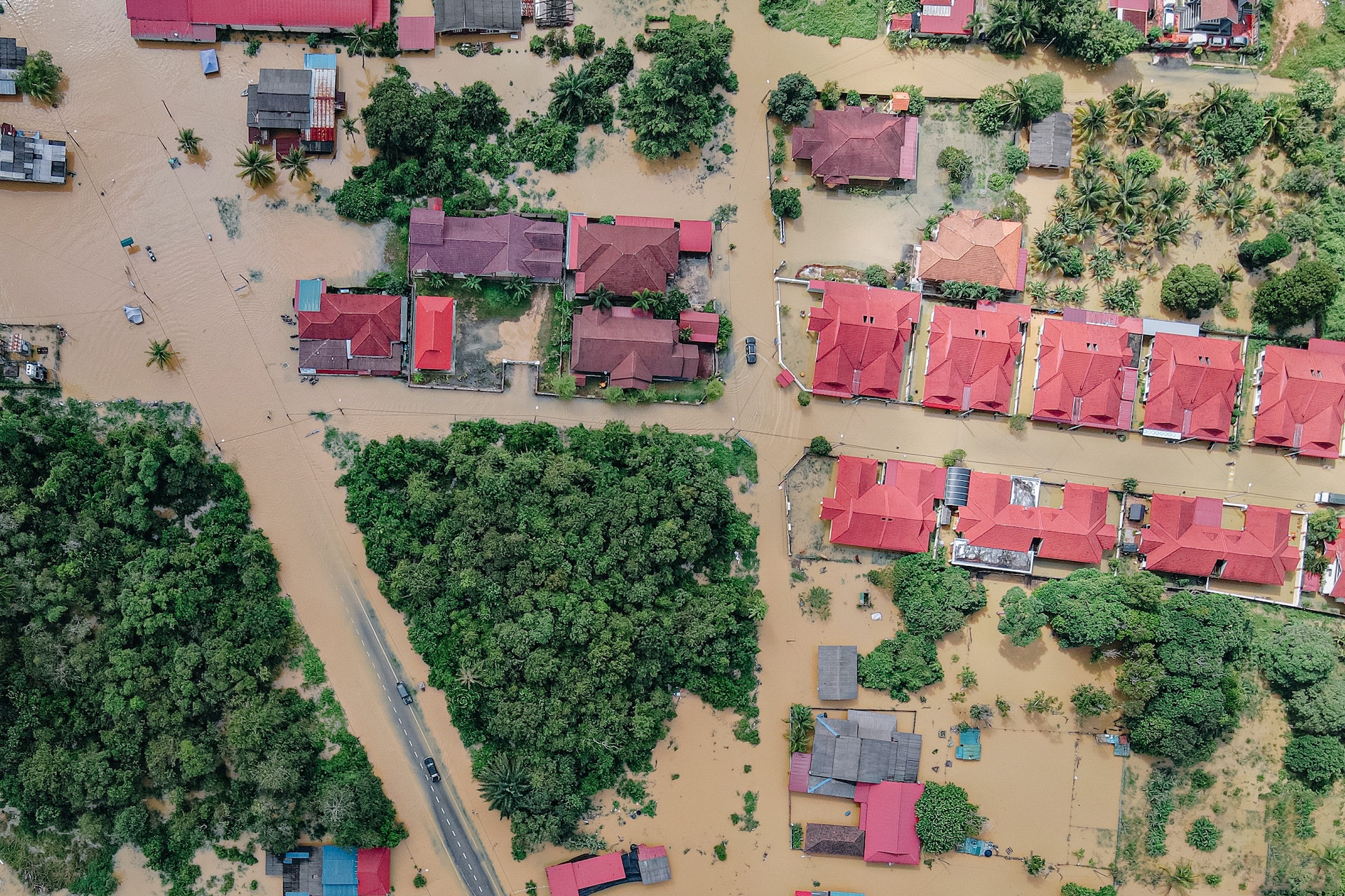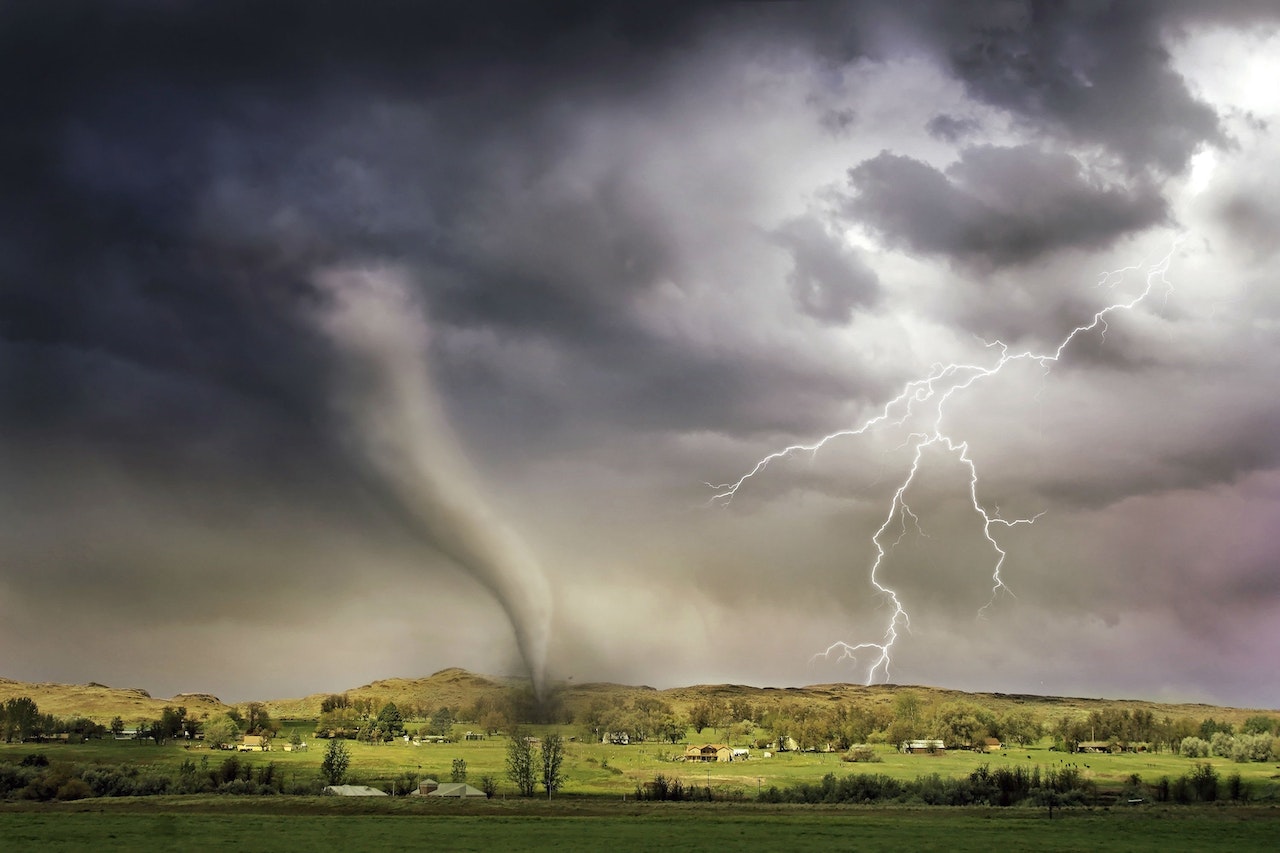Photo credit: Pok Rie-Pexels
The world is in a state of flux. From the progression of technological advancement to shifts in the global political landscape, our modern existence is punctuated by various threats. While some of these threats are distant, others are much closer to home. As we examine the top 5 threats facing the United States today, it’s imperative to understand how to prepare and navigate these challenges. Below, we detail each threat and provide practical steps to help you prepare. In our opinion these are the ones we believe are relevant currently in the the landscape we are living in today.
1. Cybersecurity Threats:
Background: With our growing reliance on technology, the nation’s critical infrastructure, businesses, and personal data are continuously at risk. Cyberattacks can compromise everything from electrical grids to financial systems.
Preparation Steps:
- Stay Informed: Regularly update your computer, smartphone, and all digital devices with the latest software and security patches.
- Use Strong Passwords: Create complex passwords and change them regularly. Consider using a trusted password manager.
- Backup Data: Regularly back up your data, preferably in multiple locations including an external hard drive and a cloud service.
- Avoid Phishing Scams: Never click on suspicious links in emails. Always verify the sender.
- Educate & Update: Attend cybersecurity workshops and keep yourself updated about the latest threats.
2. Natural Disasters:
Background: Whether it’s hurricanes, wildfires, floods, or earthquakes, the US faces a variety of natural threats, intensified by climate change.
Preparation Steps:
- Know Your Risk: Depending on where you live, determine which natural disasters are most probable.
- Create an Emergency Plan: Discuss with your family about where to go, how to contact each other, and what to do in different situations.
- Build an Emergency Kit: Stock up on food, water, medications, a first-aid kit, flashlights, batteries, blankets, and other essentials.
- Stay Informed: Subscribe to local weather and disaster alert services.
- Insure and Document: Ensure your property and possessions are insured. Document with photos and videos for insurance purposes.
3. Economic Instability:
Background: Fluctuations in global markets, inflation, and economic policy can lead to recessions, affecting employment, businesses, and overall economic health.
Preparation Steps:
- Save and Diversify: Aim to save at least three to six months of expenses in an easily accessible account. Diversify your investments.
- Limit Debt: Avoid accumulating unnecessary debt. Pay off high-interest debts first.
- Skill Development: Regularly upgrade your skills to stay relevant in the job market.
- Budget and Plan: Keep a strict budget, track your spending, and cut unnecessary expenses.
- Stay Updated: Follow reputable economic news sources to stay informed about global and local economic trends.
4. Political Unrest and Civil Disturbances:
Background: Political divisions and social issues can occasionally lead to protests, some of which may turn violent.
Preparation Steps:
- Stay Informed: Follow trusted local news sources.
- Avoid Hotspots: If protests are expected or ongoing, avoid areas where they’re taking place.
- Home Safety: Ensure your home’s security with locks, security systems, and by knowing your neighbors.
- Have an Exit Strategy: Know multiple routes out of your city or town in case of emergency evacuations.
- Stay Calm and Neutral: If caught in an unrest situation, remain calm, avoid confrontation, and leave the area as soon as it’s safe.
5. Pandemics and Health Crises:
Background: The COVID-19 pandemic illustrated how global health crises can disrupt every aspect of life.
Preparation Steps:
- Stay Informed: Rely on reputable sources for updates. This may be a bit difficult as it’s tougher these days to find sources without their own agendas.
- Hygiene: Regularly wash hands and practice good respiratory hygiene.
- Emergency Health Kit: Stock up on essential medications, first aid supplies, and maintain a two-week supply of food and water.
- Limit Exposure: During outbreaks, limit travel, practice social distancing, and follow public health guidelines.
In Conclusion
Preparation is key to navigating threats, both perceived and real. By staying informed and taking proactive steps, you can ensure the safety and well-being of yourself and your loved ones. As the landscape of threats evolves, so should our strategies to tackle them. Always prioritize knowledge, vigilance, and adaptability as you navigate the challenges of the modern world.
Photo credit: Pok Rie-Pexels



